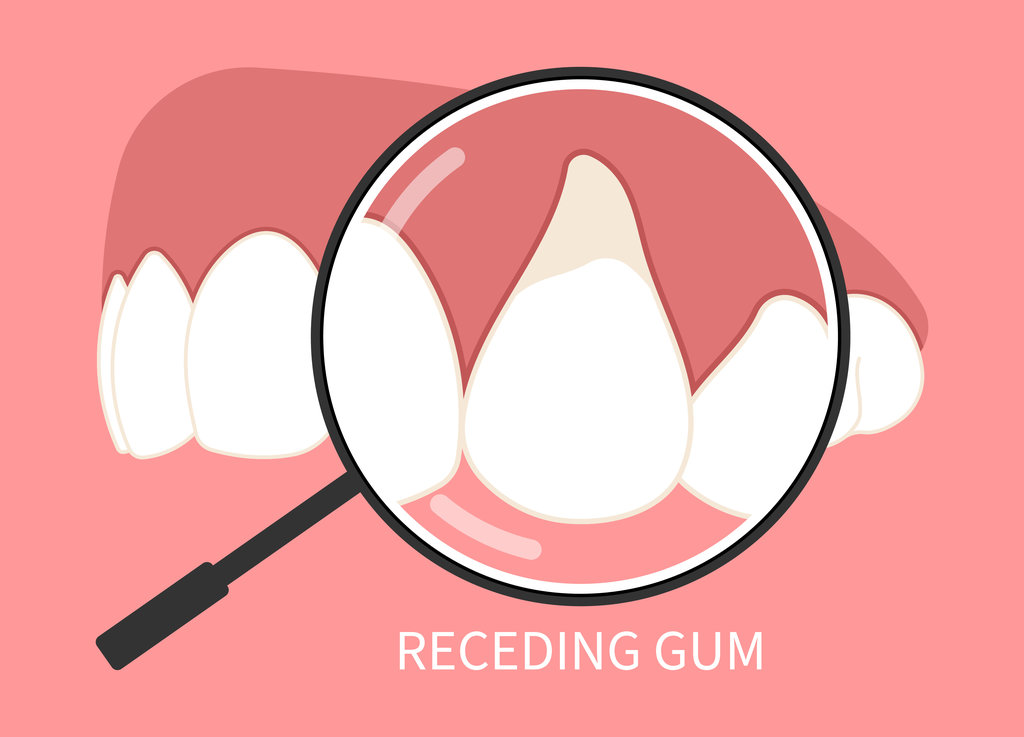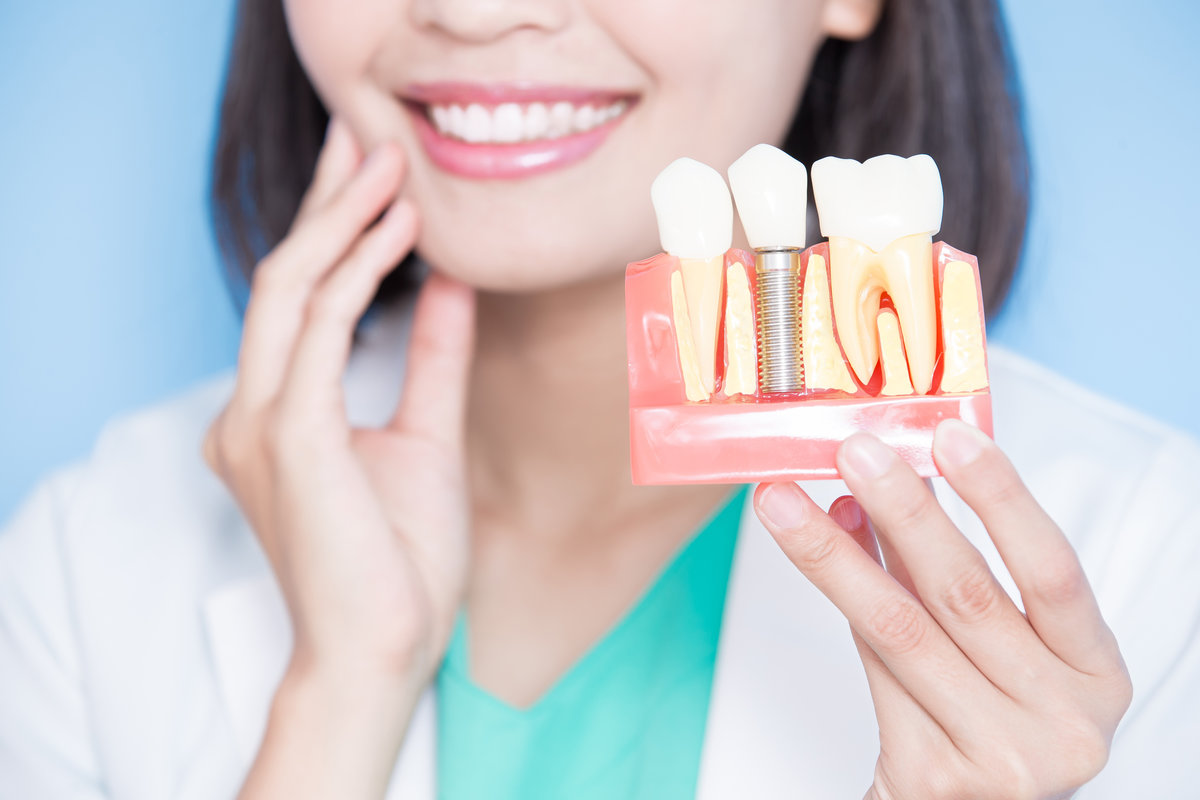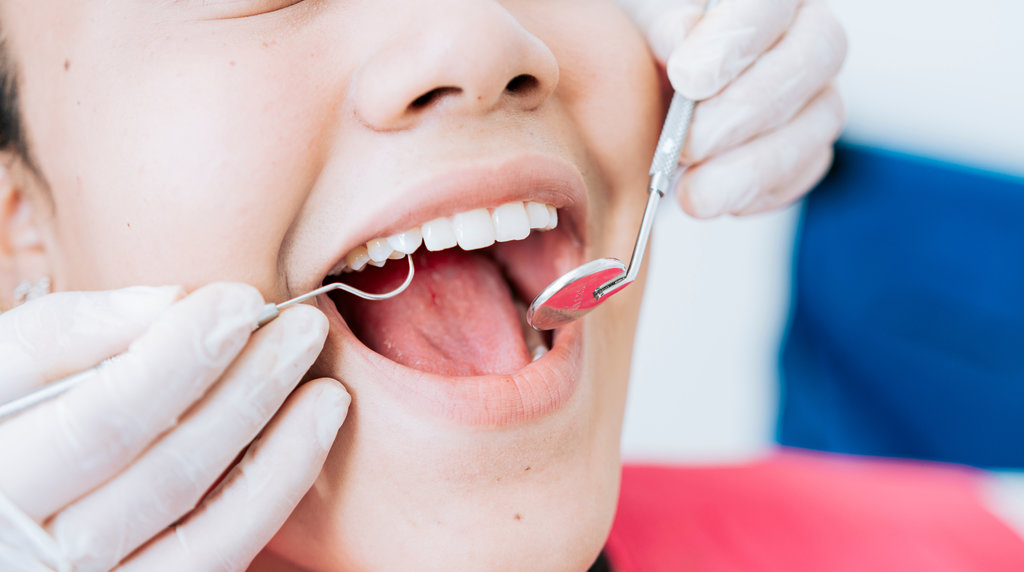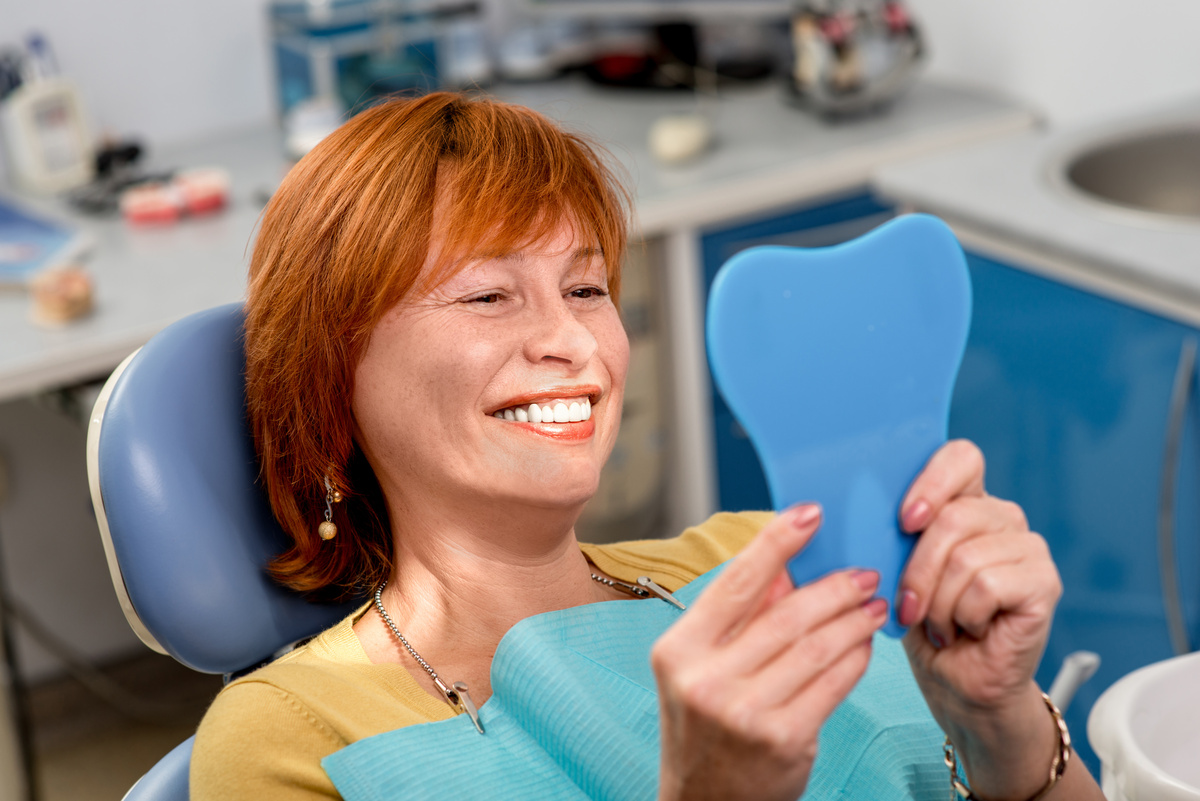 Gum recession impacts millions of adults, making it one of the most chronic dental concerns people face. When your gums pull away from your teeth, they expose the sensitive root surface beneath, creating both cosmetic and oral health challenges you shouldn’t ignore, including increased sensitivity and bleeding while brushing.
Gum recession impacts millions of adults, making it one of the most chronic dental concerns people face. When your gums pull away from your teeth, they expose the sensitive root surface beneath, creating both cosmetic and oral health challenges you shouldn’t ignore, including increased sensitivity and bleeding while brushing.
At Advanced Periodontics of N.J., Dr. Matei and Dr. Peto understand how concerning gum recession can be. As board-certified periodontists with extensive training in gum health and restoration, we help patients throughout New Jersey understand the root causes of recession and explore effective treatment options to restore their smile’s health and appearance. With our personalized treatments and advanced technology, you can trust us to restore your smile and confidence.
The Primary Causes of Gum Recession
Poor oral hygiene remains the most persistent cause of gum recession. When plaque and tartar develop along the gum line, they create inflammation and infection. This bacterial accumulation gradually destroys the tissue and bone supporting your teeth, causing your gums to pull away from the tooth surface.
Aggressive brushing techniques also damage delicate gum tissue over time. Many people believe brushing harder removes more plaque, but excessive force actually wears away the gums and can cause permanent recession. Using a hard-bristle toothbrush compounds this problem by creating additional trauma to the gum tissue.
Gum disease is another primary factor leading to gum recession. The American Dental Association reports that chronic periodontitis affects 47.2% of adults over 30 in the United States, making it a widespread condition that can lead to significant gum recession. When periodontal disease advances, it destroys the structures that hold your teeth in place, including the gums, periodontal ligament, and bone.
Additional Contributing Factors to Gum Recession
Beyond oral hygiene and gum disease, several other factors can contribute to gum recession. Genetics plays a sizeable role in determining your susceptibility to gum problems. If your parents or grandparents experienced gum recession, you may have inherited a predisposition to this condition regardless of your oral hygiene habits.
Teeth grinding and clenching can put unnecessary stress on your teeth and gums. This constant pressure can progressively wear away gum tissue and cause recession, especially along the biting surfaces of your teeth. Many people grind their teeth during sleep without realizing it, making this a hidden cause of gum problems.
Hormonal changes, particularly in women, can intensify the risk of gum recession. Pregnancy, menstruation, and menopause all affect hormone levels, making gums more sensitive and prone to inflammation. During these times, even minor plaque buildup can lead to more significant gum problems.
Tobacco use can also raise your risk of gum recession and other periodontal conditions. Smoking and chewing tobacco reduce blood flow to the gums, impair healing, and make it harder for your body to fight off infection. This creates an environment where gum recession can develop more easily and progress more rapidly.
When to Seek Professional Help for Receding Gums
Recognizing the early signs of gum recession allows you to address the problem before it becomes more severe. If you notice your teeth looking longer than usual, increased sensitivity to hot or cold temperatures, or visible root surfaces, these may be signs of gum recession. Some people also experience bleeding during brushing or flossing, loose teeth, or changes in their bite.
Early intervention can prevent further recession and help restore some lost gum tissue. Dr. Matei and Dr. Peto offer several treatment options based on the severity of your condition. These may include deep cleaning procedures, antibiotic treatments, or surgical interventions, such as pinhole surgery, for more advanced cases.
Take Action for Your Gum Health at Advanced Periodontics of N.J.
Understanding what causes gum recession empowers you to take proactive measures to protect your oral health. Through proper oral hygiene, regular dental visits, and addressing risk factors like teeth grinding or tobacco use, you can significantly reduce your chances of developing this condition.Whether you’re concerned about existing gum recession or want to prevent future problems, our team at Advanced Periodontics of N.J. provides personalized treatment plans tailored to your specific needs. Contact us today at (201) 940-7002 or schedule a consultation to discuss how we can help restore your gum health and support your smile for years to come.





